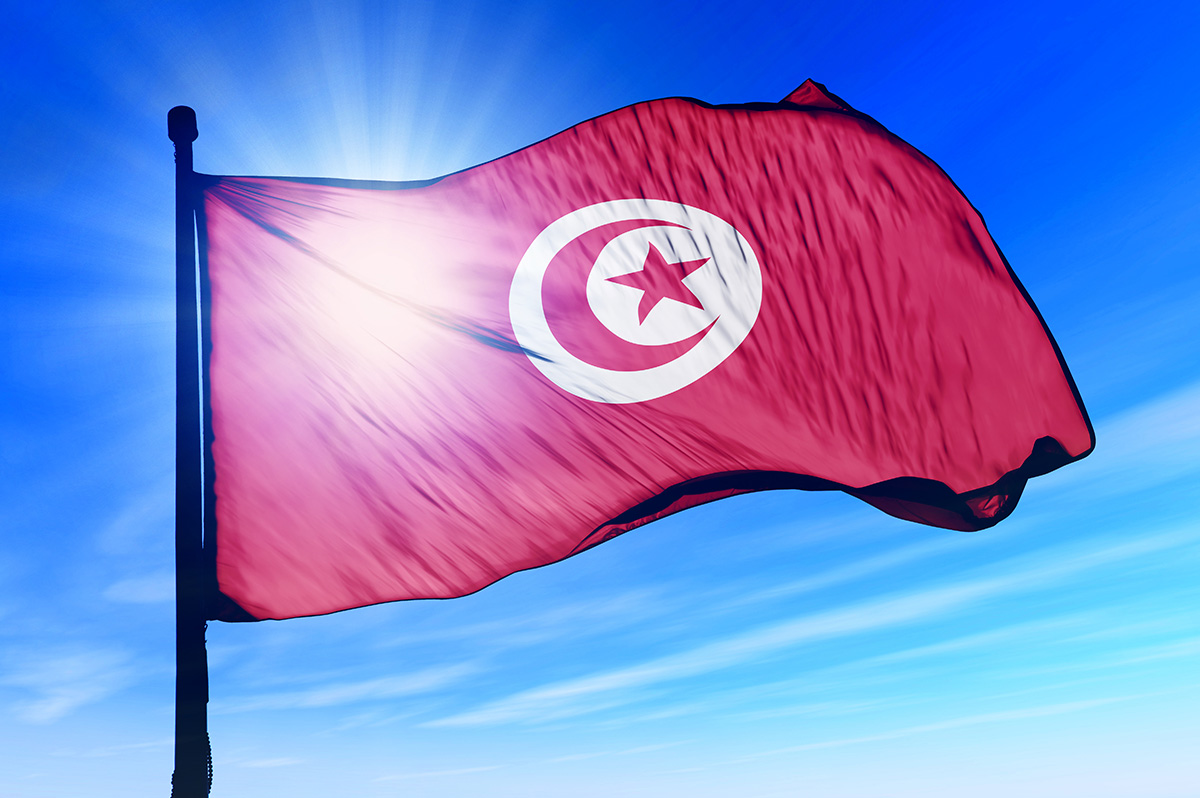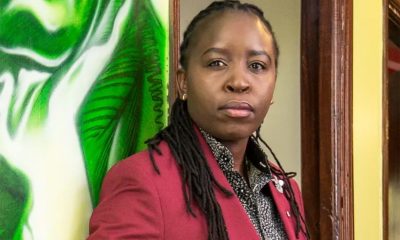Tunisia
More than a dozen LGBTQ people arrested in Tunisia
Arrests took place in Tunis, Djerba last month

Authorities in Tunisia last month arrested 14 LGBTQ people who they allege violated Article 230 of the country’s penal code that criminalizes consensual same-sex sexual relations with up to three years in prison for both men and women.
Damj, a local LGBTQ organization, said the arrests took place in Tunis, the Tunisian capital, and on Djerba, an island off of Tunisia’s southeastern coast that is popular with tourists, over the span of two weeks.
“Police arrests of members of the LGBTQ+ community have escalated,” said Damj. “These arrests have been concentrated in Tunis’s city center and Djerba. Typically, individuals are arrested, their belongings and phones are searched, and they are then referred to the judiciary under Article 230 and the articles on assaults against public morals.”
Damj also urged members of the LGBTQ community to contact them, a lawyer or trusted person, as well as to remain silent until a lawyer arrives and not sign any documents without reviewing them in person if they are arrested.
Damj Program Officer Saif Ayadi told AFP that nine people were arrested in Tunis and Djerba, and six people were already sentenced and are serving up to two years in prison.
A local gender studies researcher who asked the Washington Blade to remain anonymous said authorities often arrest LGBTQ people arbitrarily.
“The recent arrests have taken place in Tunis and in Djerba, a southern, tourist-heavy region,” said the researcher. “These are areas known for LGBTQ+ visibility, which explains why arrests tend to spike there. However, our analysis shows that these arrests are generally random and not part of any consistent or deliberate pattern.”
The researcher also said Tunisia is not a safe country for LGBTQ people because the government tends to favor repression and condemnation of non-heterosexual sexual identities.
Damj and other local LGBTQ organizations last year urged Meta, the parent company of Facebook, Instagram and WhatsApp, to protect LGBTQ people from acts of cyberbullying and catfishing from law enforcement officials and others.
The Trans Coalition Unity Tunisia said what is happening to the country’s LGBTQ community is now a pattern and has become part of a policy of systematic repression.
“What is happening cannot be ignored,” said the group. “We follow the anxiety of repeated arbitrary arrests, and often without any clear legal basis. Individuals are targeted based on their appearance and because they do not match the typical gender perceptions, or even just because they are in public places. They are then taken to the security centers, where they are searched and subjected to inhumane torture, that affects their dignity.”
The Trans Coalition Unity Tunisia also said cyberbullying has reached alarming levels, with traditional media playing a role in anti-LGBTQ attacks.
“The ongoing digital monitoring and the defamation campaigns spread on the media without any protection as if exposing people from the LGBTQ community has become an ordinary practice,” noted the group. “The State does not recognize the rights of the LGBTQ community, but it is chasing them, and monitoring them.”
“We must understand that the use of the law in this way has nothing to do with preserving the system, but rather a direct relationship with trying to impose one identity, one image, one form of acceptable existence in the Tunisian societal fabric,” added Trans Coalition Unity Tunisia.
Tunisia is a North African country that borders Libya, Algeria, and the Mediterranean Sea. The country declared independence from France in 1956.

-

 Mexico5 days ago
Mexico5 days agoUS Embassy in Mexico issues shelter in place order for Puerto Vallarta
-

 Real Estate5 days ago
Real Estate5 days ago2026: prices, pace, and winter weather
-

 Theater5 days ago
Theater5 days agoJosé Zayas brings ‘The House of Bernarda Alba’ to GALA Hispanic Theatre
-

 Netherlands4 days ago
Netherlands4 days agoRob Jetten becomes first gay Dutch prime minister



















